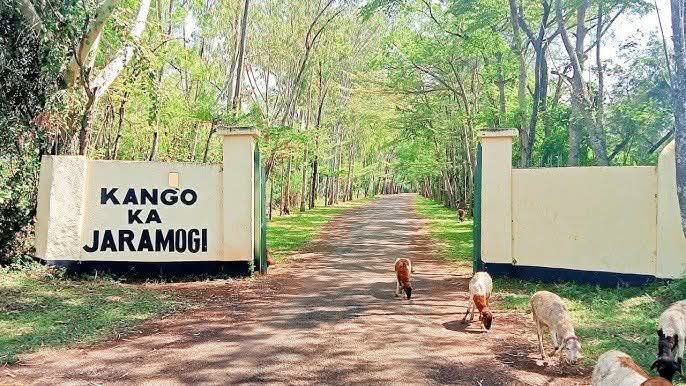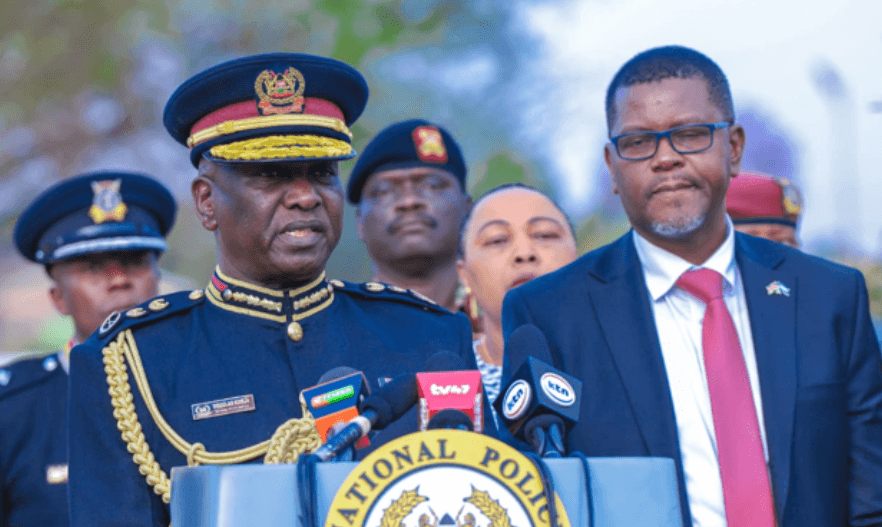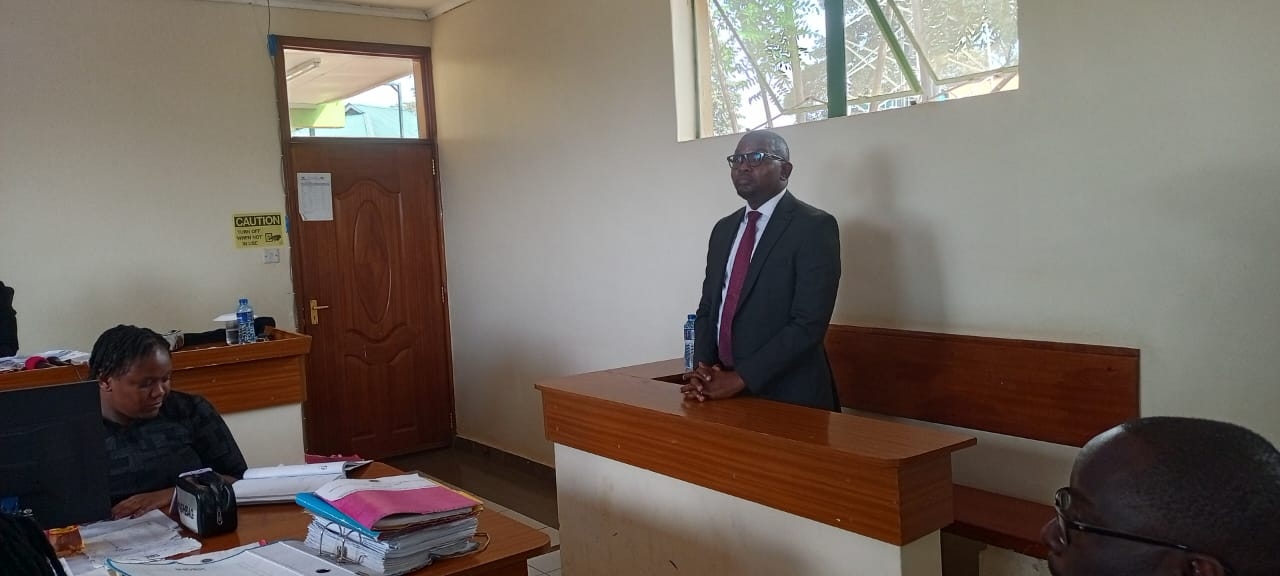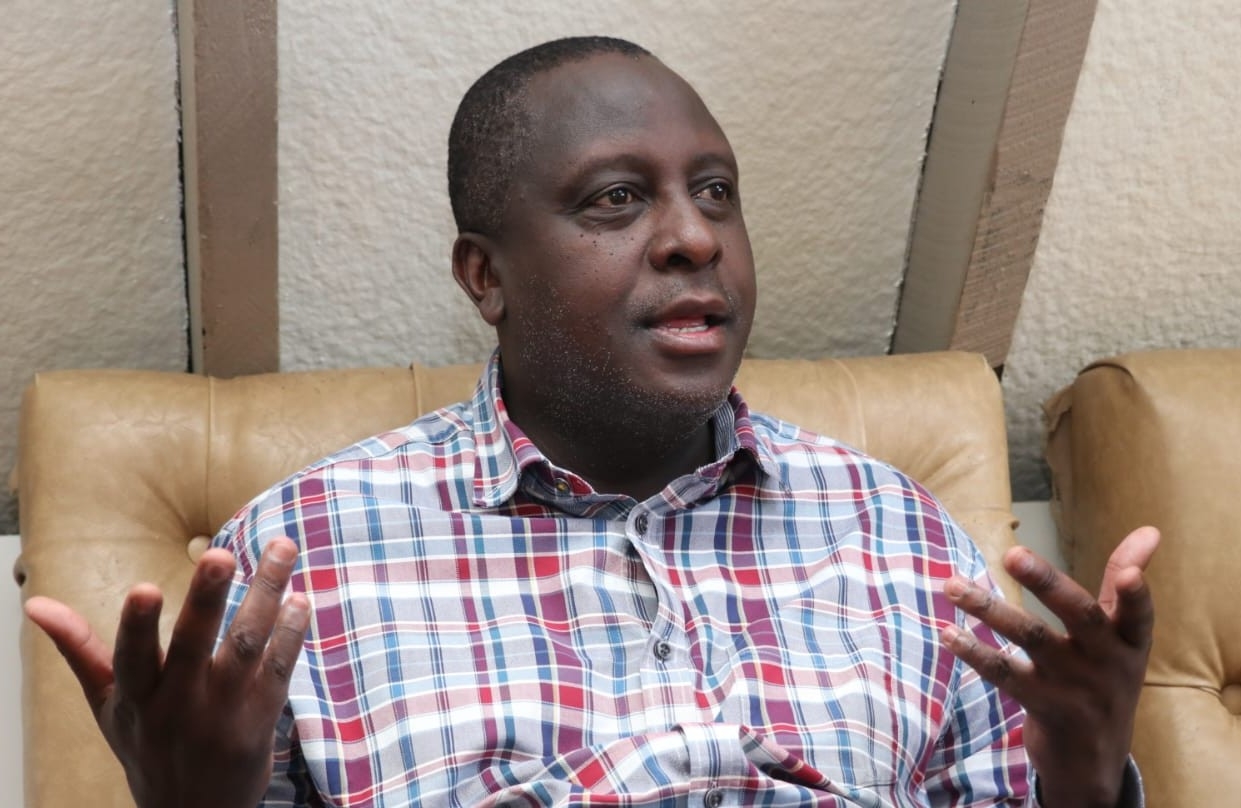The late Prof. Calistus Juma once stated that “An African woman with a hoe on the shoulders” is the default symbol of African agriculture, but yet they grow the bulk of the continent’s food on smallholder farms.
The mass of food production in Africa is still undertaken in small farms typically an acre on average and mostly by traditional inefficient methods.
With all the generous natural endowments of the continent, we remain paradoxically trapped in a perpetual ring of poverty and hunger.
Six years from now, members of the United Nations had agreed to achieve a hunger-free world through the Sustainable Development Goals.
Despite a marginal decline globally in the number of people still suffering from hunger, nearly 1 billion remain malnourished leaving little hope for the attainment of the UN zero hunger and all forms of malnutrition target by 2030.
Of the billion still living in hunger, approximately three-quarters of that number are in Africa and facing food insecurity levels that are generally regarded as severe.
Hunger and extreme hunger have been associated with Africa for several decades and there are varied factors that are attributable to this state of affairs.
Conflicts in the Horn of Africa and some parts of the West and Central Africa contribute the highest to hunger numbers followed by unfavorable weather patterns and general poverty.
This situation was compounded by COVID-19 effects that exacerbated poverty and the ongoing Ukraine war with Russia that has greatly disrupted the global supply chain, especially of grains and fertilizer both of which have a direct bearing on food security.
With 60 per cent of the world's available arable land, it disconcerts me greatly that Africa remains the hungriest continent globally. On the flip side, Agriculture remains the primary source of livelihood for 70 per cent of the population in the continent.
Despite the importance of Agriculture, the sector is immensely bedeviled with constraints of low productivity and low-value addition, poor rural infrastructure, under-investment, policies that only favor urban development, land tenure policies and lack of productive capital for women and youth.
Over several decades, there have been numerous intervening policy declarations and pronouncements meant to fast-track increased agricultural production, improve food and nutrition security that have yielded little to alleviate the hunger challenge in our continent.
Little progress has been reported on the last biennial review on the implementation of the current cycle of the Malabo commitments. Hardly any country was reported as being on track to meet the goals by 2025 and with just a handful recording some marginal improvement.
In the considered view of the evaluators, the lack of progress was mainly due to lack of stronger political leadership and commitment at the required levels to propel implementation.
When the COVID-19 pandemic broke out, all predictions pointed to an Africa that would bear the biggest brunt of the outbreak and probably lead to a disaster.
But contrary to the predictions, the pandemic spread was much slower in the African continent than in the rest of the world due to diverse reasons but mainly because of a strong political will coupled with good coordination among Government leaders at the highest levels with relevant Continental and International institutions.
Notably, we witnessed such coordination being keenly overseen at the highest levels of government for more effective and timely action.
A good example that I recall, was the President of Seychelles doubling up as the Minister of Health to effectively and expeditiously deal with the pandemic.
In Ethiopia, the National Disaster Risk Management Council that coordinated the fight against the pandemic was led by the Deputy Prime Minister.
With a Continental food import bill of over USD40 billion annually, it is probably high time that food insecurity in Africa is declared as an existential threat and granted the overdue attention of a disaster perhaps similar to that of COVID-19.
In order, for example, to meet a key Malabo goal of countries committing 10 per cent of public expenditure to agriculture, a strong political will at national levels will be undoubtedly necessary.
Domiciling the food security function in the highest national offices may potentially provide the needed leverage for both high attention and funding.
The successful implementation of well-intentioned declarations and treaties will always remain heavily dependent on the willingness of the leadership of the member states and in particular at the national level.
Unlike the implementation of other treaties that may be constrained by the actions of other states in the international system, most actions toward attaining food security are purely national and only require the necessary political will.
Africa may be struggling towards achieving the SDG target of a hunger-free world by 2030 as well as her own Malabo goal of eradicating hunger by 2025, but we have the right policy instruments on the continental front.
All we need is to galvanize the right political will at the highest level and the shame of hunger will be history.
By Raila Odinga, Former Prime Minister of Kenya and candidate for AUC Chairperson.














